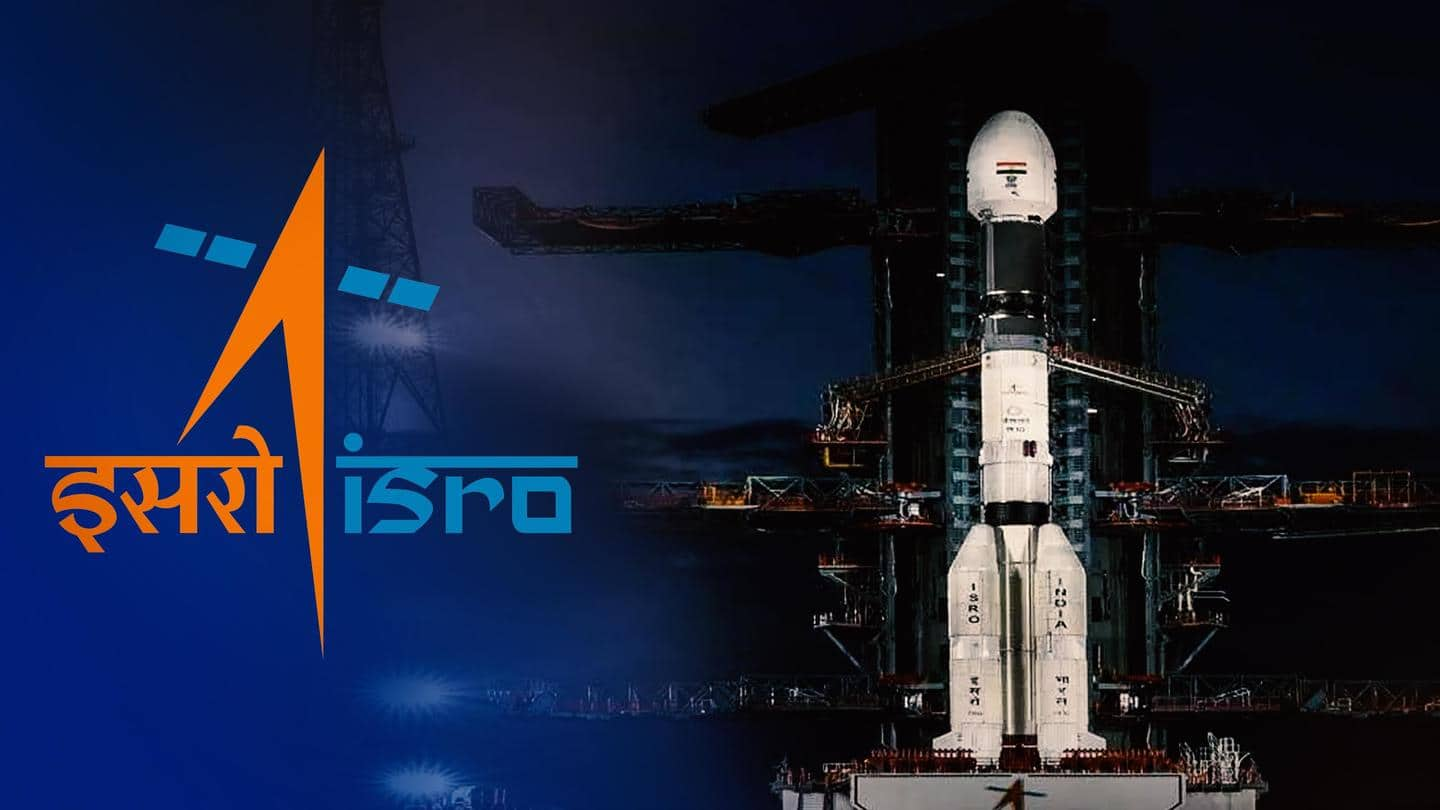
GSLV-F10 mission not accomplished fully due to performance anomaly: ISRO
What's the story
The Indian Space Research Organisation (ISRO) said on Thursday that its mission to place Earth Observation Satellite EOS-03 by a GSLV rocket could not be fully accomplished due to "performance anomaly."
The anomaly was observed in the cryogenic stage, said ISRO in a statement after the early Thursday morning launch failed.
This was notably the space agency's second mission of the year.
Launch
GSLV-F10 had taken off at 5:43 am
The GSLV-F10/EOS-03 was launched from Satish Dhawan Space Centre, Sriharikota at 5:43 am after the 26-hour countdown.
The Launch Authorization Board had cleared the decks for lift-off and the rocket's performance was normal in the first two stages.
The Range Operations Director then announced the "mission could not be accomplished fully due to performance anomaly."
"Performance anomaly observed in the cryogenic stage," said ISRO.
Twitter Post
You can view ISRO's statement here
GSLV-F10 launch took place today at 0543 Hrs IST as scheduled. Performance of first and second stages was normal. However, Cryogenic Upper Stage ignition did not happen due to technical anomaly. The mission couldn't be accomplished as intended.
— ISRO (@isro) August 12, 2021
Quote
What did the ISRO chief say?
Later, ISRO Chairperson K Sivan also said, "(The mission) could not be fully accomplished mainly because there is a technical anomaly observed in the cryogenic stage. This I wanted to tell to all my friends."
Satellite
What was the aim of today's launch?
The EOS-03 was to be placed in the Geosynchronous Transfer Orbit.
Its aim was to provide real-time imaging at frequent intervals to allow the speedy monitoring of natural disasters, episodic events.
It was also designed to obtain spectral signatures for agriculture, forestry, water bodies as well as for disaster warning, cyclone monitoring, cloud burst, and thunderstorm monitoring.
Information
Launch was earlier delayed due to COVID-19
Thursday's launch was fairly routine as ISRO has several earth observation satellites in orbit. The launch was originally scheduled for April or May. However, at the time, India was battling a brutal second wave of COVID-19 and the launch had to be postponed.
Other details
EOS-02 launch pushed to September-October
The launch of the EOS-03 was scheduled ahead of EOS-02, which has also been delayed. The latter will now be launched this September-October.
Separately, the GSLV-F10 rocket had been equipped with a new payload carrier to reduce aerodynamic drag. This would allow the rocket to carry much bigger payloads.
Thursday's launch was the second flight for the GSLV rocket, that had previously launched Chandrayaan-2.